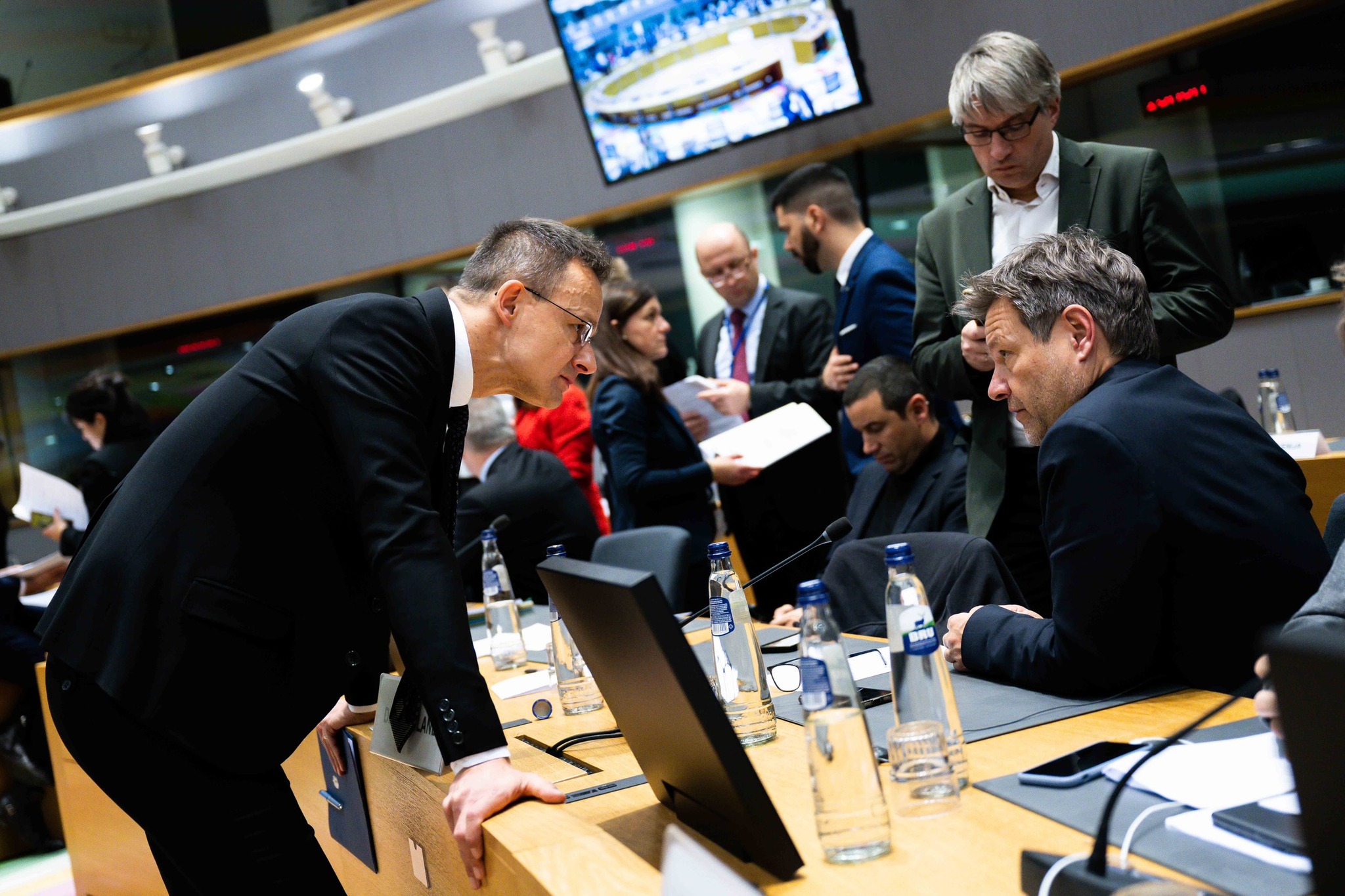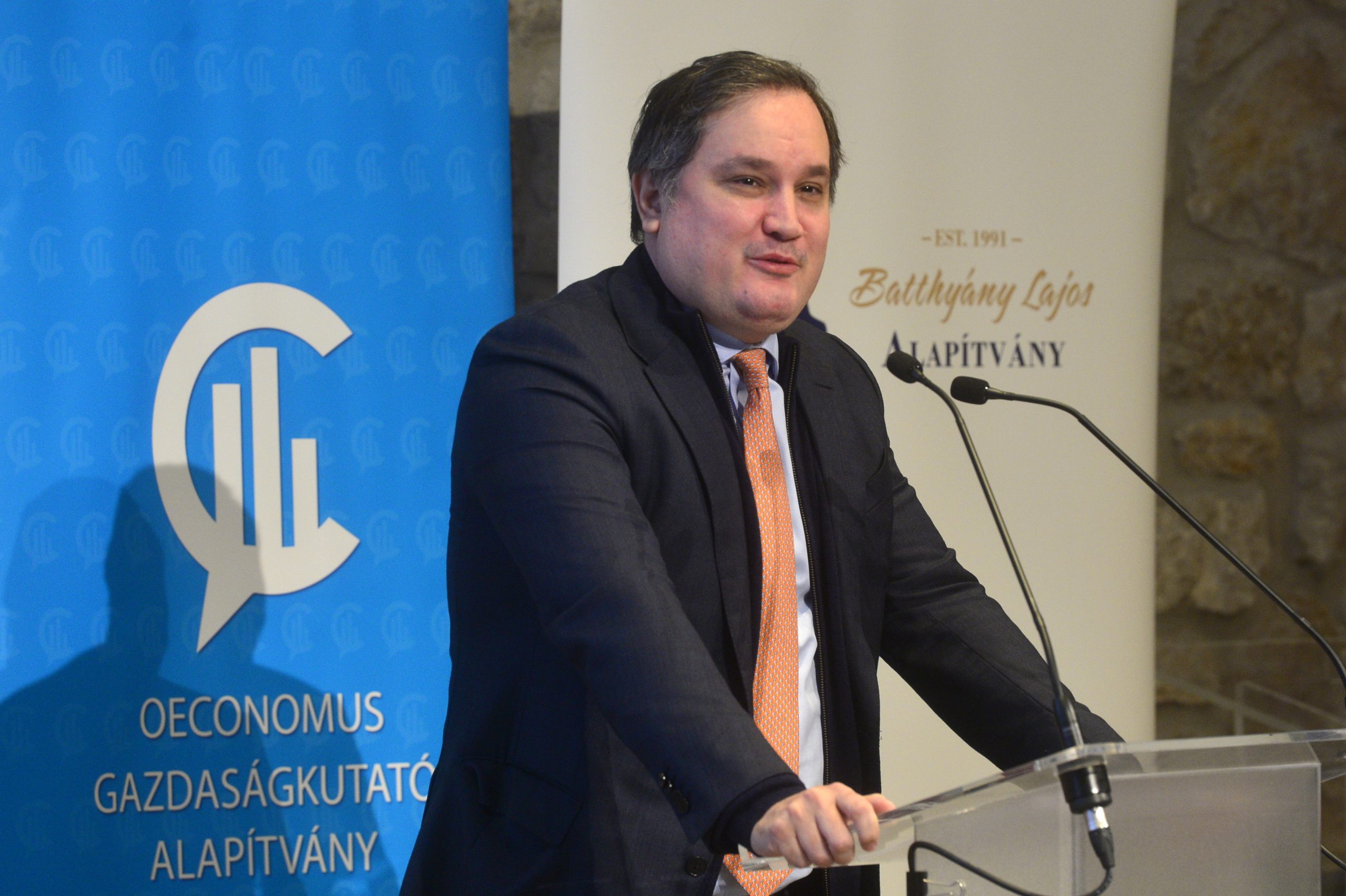
According to Péter Szijjártó, there is still no deal, but two dangerous elements have been removed from the proposal.Continue reading

There is no way to get out of this crisis in the short term, Márton Nagy, Minister for Economic Development said, speaking at a conference organized by the Oeconomus Economic Research Foundation. He said that the Hungarian budget is not only in balance, but in surplus, so no one can say that the country’s economy is in imbalance.
According to Márton Nagy, Hungary did not enter the crisis with overspending and there were no inefficient investments. He added that we have not become more exposed to energy dependency, but at the same time we will have to pay €10 billion more for energy from this year, which he called a tragedy.
He said that monthly inflation could peak somewhere between 25 and 26 percent, then fall sharply in the summer. The government expects it to be in the single digits by the end of 2023. According to him, there is a very good chance of five percent growth in Hungary this year and 1.5 percent next year.
“It is not a global crisis, it is a European economic crisis,”
Nagy said. He added that more and more European countries could slip into recession, with a realistic chance of this happening in Germany and Italy, for example, but that Central-Eastern-Europe could avoid it.
He added that the European Union had already had low competitiveness before the war and sanctions. The Minister said that the EU had lagged behind in digitalization, and then the energy crisis followed. According to Nagy,
a de-industrialization could start in the EU, which could lead to the disappearance of energy-intensive industries.
He pointed out that fertilizer production has already ceased in Europe, and that the pharmaceutical, rubber, steel, and iron industries are in serious trouble. Nagy urged that we should not sit back and watch these industries go under, but should instead take active intervention.
It is very important to avoid a recession, the Minister stressed, adding that a program of around HUF 2,000 billion (EUR 4.9 billion) has been set up for businesses so far in Hungary. At the same time, improving competitiveness is a more difficult issue, and we cannot deviate from the fact that we are part of Europe, so we need to rethink everything. As the Minister put it, “we need to look at what Germany, the East, and investors are doing and adapt our strategy accordingly.”
Featured photo via MTI/Kovács Attila